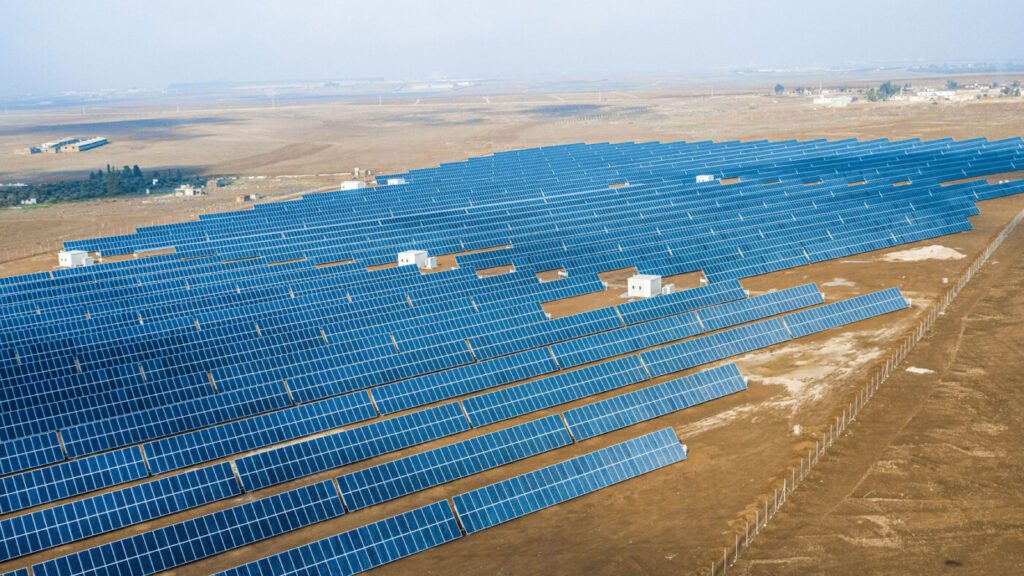
The state creates comfortable conditions for entrepreneurs: low taxes, support for the business community, and the legalization of cryptocurrency. The UAE easily accepts emigrants: according to UN data for 2023, about 88% of the population is not indigenous.
The intersection between the East and the West, the huge skyscrapers, the money of the mysterious sheikhs, the hot climate – all this leads the founders along the roads of the Arab world. We have prepared a detailed startup guide for technology entrepreneurs interested in the region’s capabilities.
In the UAE, a legal entity can be registered in mainland and free economic zones, which are located in different emirates. The choice should be made taking into account the future plans of the company.
READ: Jumeirah Village Circle: One of the Most Attractive Investment Districts
Suitable for doing business throughout the Emirates and abroad. There is only one tax here – VAT at a rate of 5%, which is levied if the company’s annual turnover exceeds 375,000 dirhams (approximately $102,000). From June 2023 there is also a corporate tax of 9%.
Previously, registration required an offline office and personal presence when submitting documents, now you can register online. It is necessary to study the market and establish business ties within the country.

Two types of companies can be registered on the territory of the FEZ: for work within the UAE and the FEZ, and offshore for work abroad. Taxes in both cases are zero.
Companies registered in the FEZ can conduct business within a certain free zone, but the zone has its own lists of permitted activities. For example, for an automotive business, you can choose Dubai Auto Zone, and for an industrial company, Dubai Industrial City.
READ: Who Are They: Population and Сitizens of the UAE
Offshore opens access to foreign markets, however, activities can be carried out on the territory of the UAE only with certain restrictions.
In both cases, when registering a startup, documents can be submitted without personal presence, and you can also limit yourself to an online office. In terms of additional taxes, from September 2023, the government plans to introduce a corporate income tax of 9%. It is assumed that it will be paid by companies in both Mainland and free zones.
READ: Types of Property in Dubai: Studios, Villas, Apartments
In addition, you need to obtain a license to work. The minimum cost of a license is 5,000 dirhams (about $1,300).
You need authorized capital to open a company – its size depends on the region. For example, in the free zone of Ras al-Khaimah, it is 100,000 dirhams (about $27,000). A current account can be opened online: many banks require confirmation of a monthly income of 3-5 thousand dirhams ($800-1300).
Banks sometimes do not require documents on the authorized capital or allow them to be provided formally: without account statements.
It seems that it is easier to open a company in a free zone, but there are pitfalls. In some organizations, you can wait for an invoice for two or three months. So you should take care of choosing a bank in advance, after consulting with other entrepreneurs. Experts note that registration of a company will cost approximately $7,000.

There are about 4,000 startups in the country. Companies in the UAE raised $699 million in the first half of 2022, according to the Magnitt platform. It makes the Emirates the top MENA country in venture capital funding. The UAE also led the way in terms of transaction volume, up 10% year-over-year.
Yellow Door Energy, an alternative energy company, has received $400 million from Actis, Arab Petroleum Investments Corporation, International Finance Corporation, and Mitsui & Co.
Kitopi has raised $300 million from investors. TruKKer, a truck aggregator that provides services to both carriers and businesses, received $204 million. Pure Harvest, an agricultural project, was invested in more than $180 million by IMM Investment, Metric Capital Partners, and Olayan Group.
Among the favorable niches, experts name FinTech, PropTech, Web 3.0, Blockchain & Crypto, Metaverse, AgroTech, Wellness, and RetailTech.